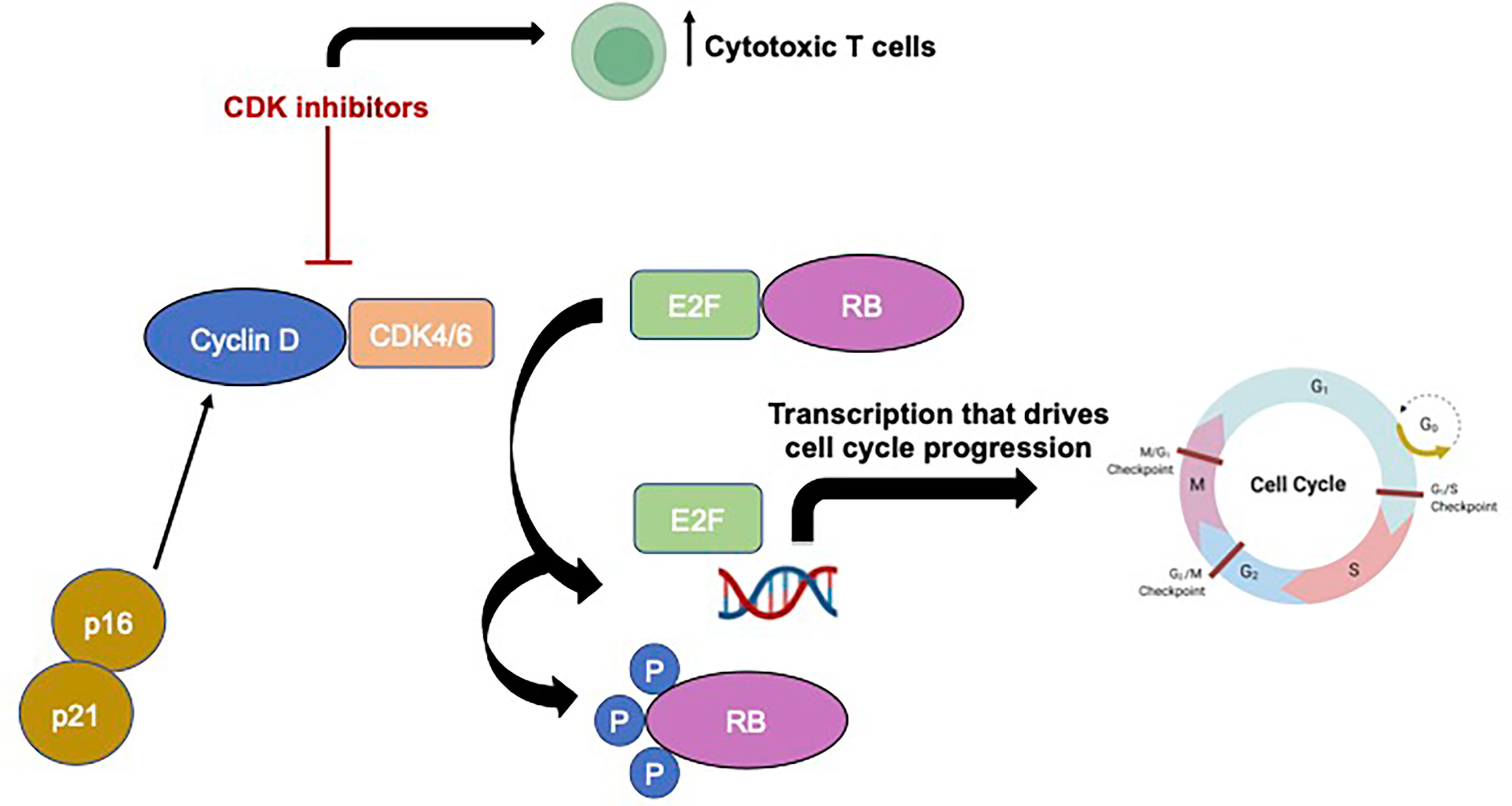CDK2 inhibitors in clinical trials Biology Diagrams Cyclin-dependent kinases (CDK) inhibitors are a class of molecules that impede the formation of an active kinase complex, thereby hindering its activity and consequently halting the progression of the cell cycle. It was discovered that they have a significant impact on impeding the progression of the cancer. This diagram illustrates the

First identified as cell cycle inhibitors mediating the growth inhibitory cues of upstream signaling pathways, the cyclin-CDK inhibitors of the Cip/Kip family p21Cip1, p27Kip1, and p57Kip2 have emerged as multifaceted proteins with functions beyond cell cycle regulation. In addition to regulating the cell cycle, Cip/Kip proteins play important roles in apoptosis, transcriptional regulation

Dependent Kinases: Types and Their Mechanism of ... Biology Diagrams
Third generation CDK inhibitors selectively inhibit CDK4/6 with potent efficacy and reduced toxicity, such as the FDA approved palbociclib (1), (A,C,D) 2D interaction diagram of the three approved CDK4/6 selective inhibitors as observed in their X-ray complexes into CDK6: (A) palbociclib (PDB ID: 5L2I); Download scientific diagram | CDK inhibitors in clinical trials. from publication: Inhibitors, PROTACs and Molecular Glues as Diverse Therapeutic Modalities to Target Cyclin-Dependent Kinase | The Schematic diagram of the mechanism of action of CDK4/6 inhibitors in HR+/HER2− breast cancer cell cycle. CDK4/6 inhibitors impede the activity of the CDK4/6 protein in cancerous cells, hindering the phosphorylation of RB and the dissociation of the RB/E2F complex. p21 and p27. When these two CDK inhibitors are inhibited, they will not

However, the complexity of CDK biology and the undesired toxicity related to the off-target effects of the existing pan-CDK inhibitors, led to decisions by several pharmaceutical companies to discontinue the development of many potential anti-cancer agents, exampled with AZD5438 15, Roniciclib, SNS-032 16, RO-3306 17, BS-181 18 and Roniciclib Several other multitarget CDK inhibitors have failed or not progressed beyond early clinical studies for example RGB-286638, ZK-304709, and P1446A-05 (5-7; Figure 5) were discontinued during phase CDK4/6 inhibitors have shown positive results in preclinical studies of glioblastoma, but clinical trials of these CDK inhibitors in glioma patients have not been satisfactory [14, 15]. As one of
